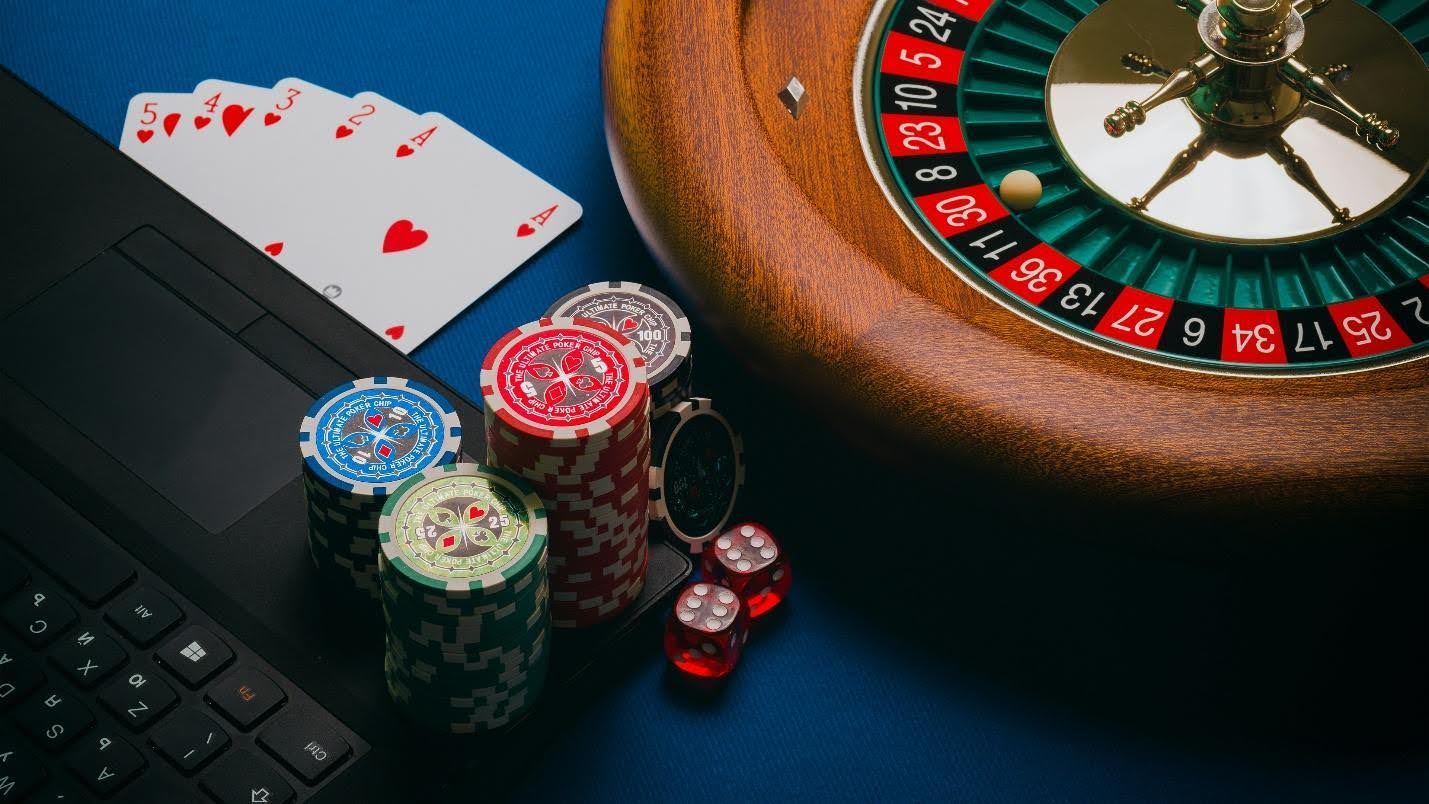Online pokies Australia players keep coming back to range from slick new releases to the same five-reelers that have been kicking around since dial-up. Doesn’t matter if it’s a $1 bet or $20, the illusion stays the same: maybe this time. But if you’re playing without knowing what you’re actually up against, you might as well tip your wallet into the sea.
We’re not here to tell you to stop. But a bit of clarity before you hit spin? Probably overdue.
RTP: What It Is (and What It Isn’t)
Return to Player, or RTP, gets thrown around a lot. It’s usually somewhere between 92% and 97%, depending on the game. Seems decent, right? Feels like it means you’ll get most of your money back over time.
Except that’s not what it means. Not really. A 96% RTP doesn’t mean you’ll get $96 back for every $100 you wager. It means that across millions of spins, that’s the average payout. Over your 20 minutes with the game? It could be anything. You might win $300. Or burn through your balance in five spins. That number isn’t your friend. It’s just math happening at scale.
And casinos love plastering high RTPs on their games. It makes players think they’re getting a good deal. Like a “SALE” sticker on a toaster that was never full price to begin with.
Volatility: How Bad Is the Swing?
Some pokies hit often with small payouts. Others barely hit but when they do, it matters. That’s volatility — and the scale goes from low to ultra-high.
Games like Dead or Alive 2 or San Quentin are known for massive potential wins. You’ll also see a lot of nothing for long stretches. If you’re playing high-volatility slots with a $50 balance, expect it to vanish before you hit anything. Not because it’s rigged. Just because you’re not giving the variance room to play out.
Low-volatility slots like Starburst or Blood Suckers hit more frequently but don’t expect life-changing wins. You’re trading sizzle for staying power.
Pick your poison. But know which one you’re drinking.
The RNG Doesn’t Care About You
Every spin you take is controlled by a Random Number Generator (RNG). It picks numbers faster than you can blink, determining the outcome of your next spin before the reels even move.
It’s not mood-based. It doesn’t care that you’ve lost five in a row. It doesn’t owe you a win. There is no “due” payout.
A lot of players think the machine is about to pay because it hasn’t hit in a while. But each spin is independent. Same odds. No memory.
If that sounds bleak, it should. That’s why people who chase losses usually lose more.
The Psychology of Spinning
Pokies are designed to keep you going. The music, the lights, the near-misses. Ever hit two bonus symbols and see the third fly past? That’s not bad luck. That’s engineered frustration.
Same goes for tiny wins that are smaller than your bet. They’ll still throw a party for a $0.60 win on a $1 spin. That’s called a “loss disguised as a win.”
Every element, down to the reel speed, is there to mess with your perception. It’s entertainment, sure. But it’s also carefully tuned manipulation.
Jackpots Are Real. But Rare.
Progressive jackpots hit big headlines. Some lucky bloke wins $3 million on a $2 spin. Great story. One person wins. The rest fund it.
Most progressive pokies take a small cut from every spin and add it to the jackpot. Think of it like a lottery with flashing lights. Your odds of winning? Often worse than 1 in 10 million. That’s fine, as long as you know that going in.
It’s a dream. Not a strategy.
Bet Size Affects Your Odds (Sometimes)
Some games only unlock features or jackpot eligibility if you bet above a certain amount. It’s not always obvious. Pokiesurf, for instance, offers slots where the bonus round improves based on bet size — but it’s buried in the paytable.
Always check the rules. Playing $0.20 spins might feel safe, but on certain slots you’re not even in the real game.
High rollers aren’t just chasing big wins. They’re unlocking mechanics you don’t see on the low-end. It’s not always fair, but that’s how the design works.
The House Edge Is Built-In And Invisible
Casinos don’t cheat. They don’t have to. The edge is baked right in.
Every pokie is programmed to return less than it takes in. That’s the house edge. It varies by game, by volatility, and even by country. In Australia, the law says online pokies must be certified, but the rules about payout percentages aren’t strict.

Some games run at 94% RTP here. In Europe, the same game might be set at 96.5%. That 2.5% difference adds up.
And it’s not labeled clearly. You often have to dig to find the RTP — if the casino lists it at all.
Features That Don’t Always Help
Gamble features. Bonus buys. Autoplay. These tools can add excitement, but they can also drain your balance faster. The gamble feature (double or nothing) is a coin flip. Bonus buys give you access to the feature round instantly, but you often pay 75x to 150x your base bet.
Autoplay sounds convenient, but it also detaches you from what’s happening. You’re less likely to notice how fast your bankroll is disappearing.
Use them if you like. Just know they’re not there for your benefit.
Casinos Don’t Pick the Odds — Game Providers Do
There’s a misconception that casinos control the odds. In reality, they rent the games from providers like NetEnt, Nolimit City, or Big Time Gaming.
The RNG and payout structure come pre-set. That said, many providers offer adjustable RTP versions. Casinos pick which version to host. The lower-RTP versions cost them less.
So if you’re playing the same slot on two different sites and one feels tighter? You might be right.
Bonuses Aren’t Always Worth It
Welcome offers seem generous: deposit $100, get $300 to play with. But that extra money usually comes with strings attached. Wagering requirements, game exclusions, withdrawal limits.
If the bonus has 35x wagering on the deposit + bonus, you’re looking at $14,000 in required bets before you can cash out. It’s not a gift. It’s a contract.
Some regulars skip bonuses altogether. They’d rather avoid the restrictions.
Others hunt them down, looking for soft terms. Either way, read the fine print.
Online Casinos and Their Defaults
Sites like Pokiesurf don’t mess around with weird payout structures or game tweaks. Most of their slot selection runs straight from the provider’s standard settings. That’s good. You know what you’re getting.
They also leave responsible gaming tools visible by default. Deposit limits, time-outs, reality checks — not buried in the settings menu like some others. A small thing. But it tells you they’re not afraid of players taking a break.
And that alone makes them stand out. Quietly.
Don’t Trust the Hot/Cold Myth
Online casinos often label slots as “hot” or “cold.” It’s nonsense. A machine isn’t due just because it hasn’t paid.
These tags are based on short-term data or nothing at all. They’re marketing, not statistics. The RNG doesn’t care about momentum. It’s not a horse race.
If a slot is “hot,” it probably already paid someone else. You’re late to the party.
Withdrawal Speeds Matter More Than You Think
Ever win something decent and then wait four days to see it land in your account? Yeah.
Some casinos process payouts quickly. Others drag their feet, hoping you cancel the withdrawal and play it back. Fast payouts = good sign. Slow ones? That’s not an accident.
Pokiesurf does alright here. Not lightning fast, but better than most. You can’t fake reliability forever.
Reality Check
Most pokies aren’t about beating the odds. They’re about enjoying the spin, knowing full well you’re probably not walking away richer. That’s not defeatist. It’s adult.
Want to play? Play. Just don’t expect the math to bend for you. The house isn’t your enemy, but it’s definitely not your mate either.
And if you ever stop having fun? Log out. That’s the one move where the odds are actually in your favor.








